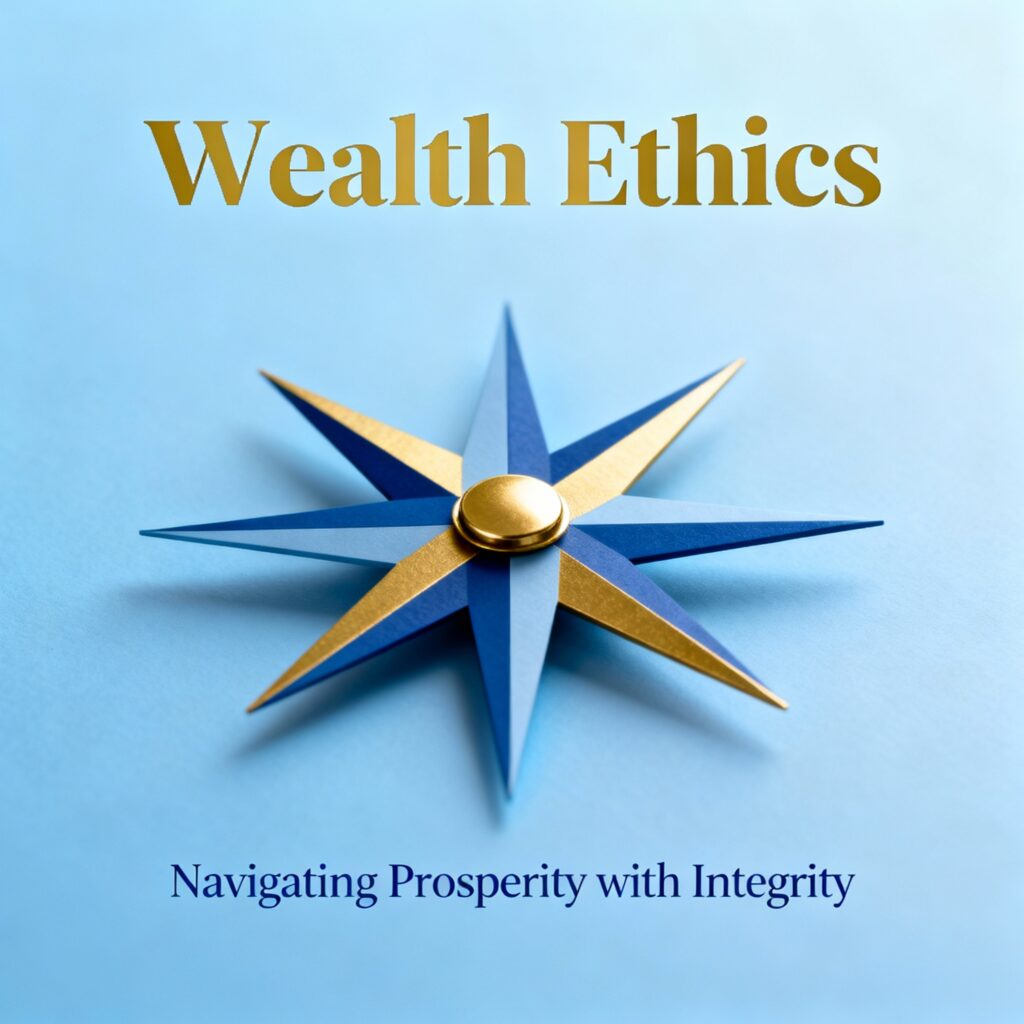In the pursuit of wealth, many focus on strategies, investments, and market trends—but one foundational truth often gets overlooked: there are ethical and legal boundaries, 底线, that must never be crossed. These boundaries are non-negotiable because crossing them risks everything you have worked to build, no matter how clever or successful you may be.
A striking example is the case of Jeffrey Epstein. At the height of his power, Epstein amassed a fortune estimated at nearly $600 million through his financial dealings with some of the world’s wealthiest individuals. He was a savvy financier who leveraged relationships with billionaires, utilized tax incentives, and made influential connections to grow his wealth. However, beneath this veneer of financial success lay a horrific criminal enterprise involving sex trafficking and exploitation.
JPMorgan Chase internally flagged suspicious financial activities linked to Epstein as early as 2002—years before the broader public became aware of his crimes. Despite these warnings, Epstein’s bank accounts processed over $1 billion across many years, facilitating transactions connected to his illegal operations. His wealth became entwined with—and arguably fueled by—these illicit activities.
The consequences were devastating. Epstein’s crimes not only led to his arrest and public disgrace but also inflicted severe collateral damage that eroded his fortune and legacy. Legal settlements to victims and lawsuits by government entities have dramatically diminished his estate’s value from $600 million to a fraction of that. More importantly, his reputation and the trust he accumulated vanished overnight.
Another example reinforcing the importance of respecting this 底线 is Bernie Madoff, who operated the largest Ponzi scheme in history. Madoff built a billion-dollar investment firm and gained the trust of thousands, only for his deceptive scheme to unravel, leading to criminal charges, a prison sentence, and the complete destruction of his empire. Like Epstein, he crossed ethical and legal lines, and despite initial success, it all came crashing down.
What do these examples teach us? Simply put: no amount of wealth or cleverness can compensate for crossing fundamental lines of legality and ethics. Wealth built on unethical or illegal foundations is precarious and ultimately self-destructive. By contrast, sustainable wealth-building respects these 底线—maintaining integrity, abiding by the law, and fostering trustworthy relationships.
The “Flight to Wealth” philosophy embraces this bottom principle. Financial success is not just about accumulation but about preservation—preservation of capital, reputation, and legacy. It underscores the importance of making smart, legally sound decisions and avoiding shortcuts that may yield quick gains but invite long-term ruin.
Why use the term 底线? English lacks a single concise word that fully captures this powerful concept. It embodies more than just a “bottom line” or “limit”; it expresses a fundamental ethical and practical boundary that must never be crossed to safeguard one’s integrity and future.
In essence, true wealth is the outcome of discipline, ethics, and respect for this non-negotiable boundary. Let Epstein and Madoff’s stories remind us that the foundation of financial freedom is not just what we gain, but what we safeguard by never crossing the 底线.

